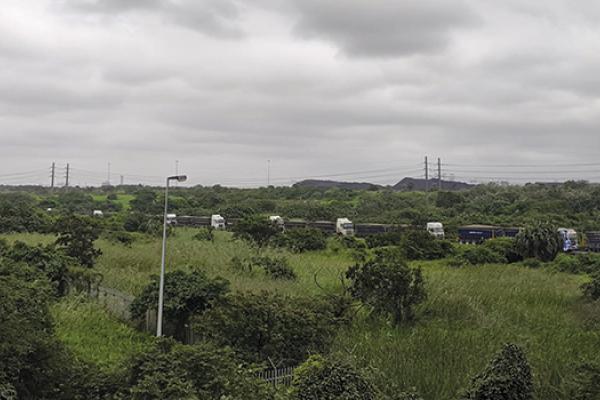The Just Transition Mechanism, part of The European Green Deal, promised Europe's coal regions that their communities would not be left behind as coal-intensive industries closed. The mechanism was designed not only to support green investment and job creation for former miners. It was also designed to promote local democracy: unlike during the industrialisation process, local communities would have a say in how the future local economy would be organised.
But the reality on the ground is less optimistic: in all the countries visited by this team of journalists, some citizens do not believe in a transition that is not for the worse. Politicians find it easier to promise to keep mining going for as long as possible than to strategically plan for the post-coal economy and systematically attract investment. For business, it makes sense to look for alternatives to expensive coal - but caring for the workers who lose their coal jobs is often beyond the horizon. And when miners see their hard but well-paid jobs not being replaced by jobs of equal quality, they tend to cling to the status quo or vote for the anti-green populist right. While some coal regions are doing better than others, these are the ones that had an advantage in the first place - either because of local good practice in absorbing EU funds or because of their geographical location.
Photo credit: Malgorzata Kulbaczewska-Figat





